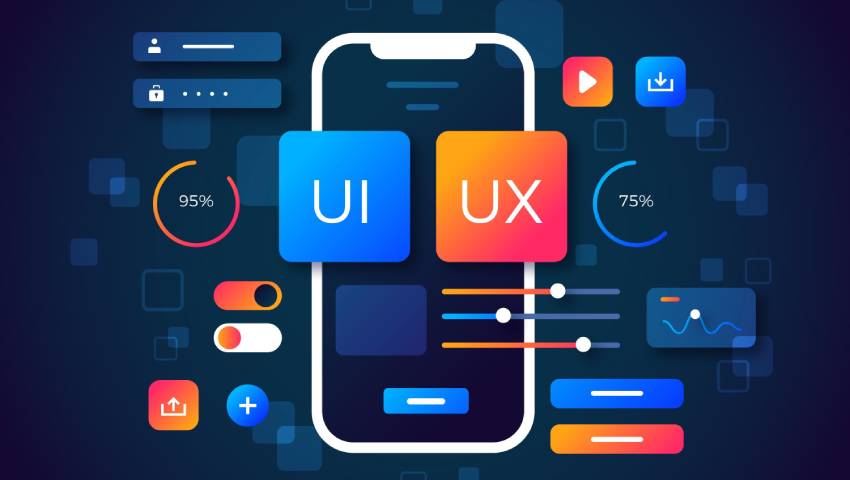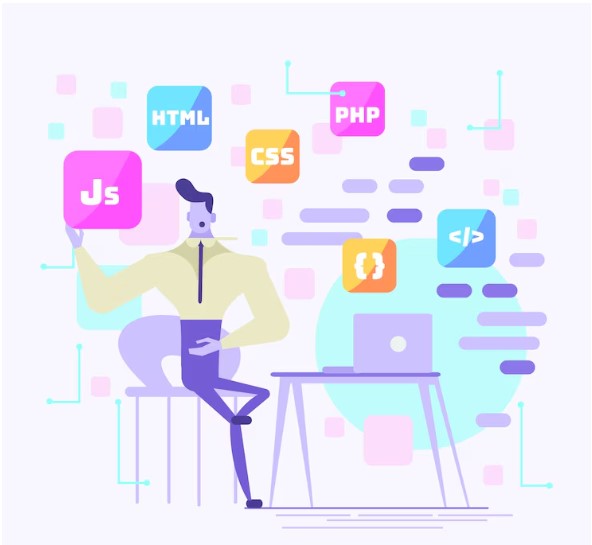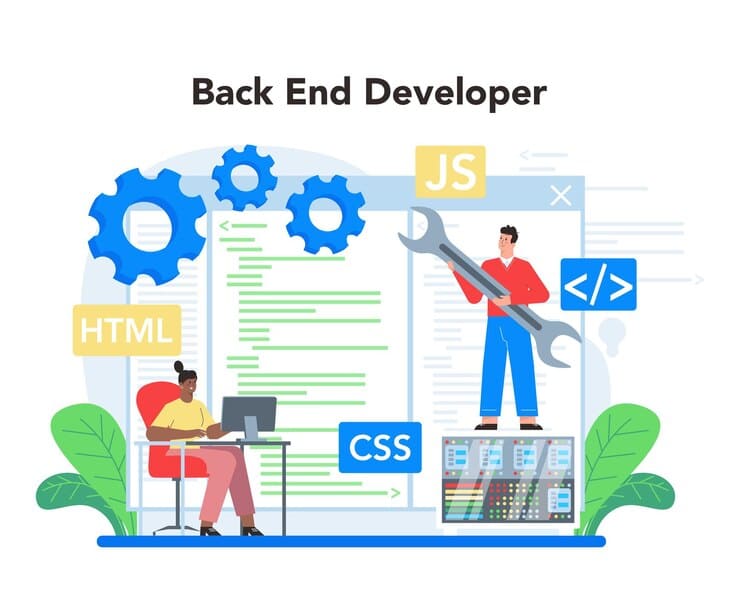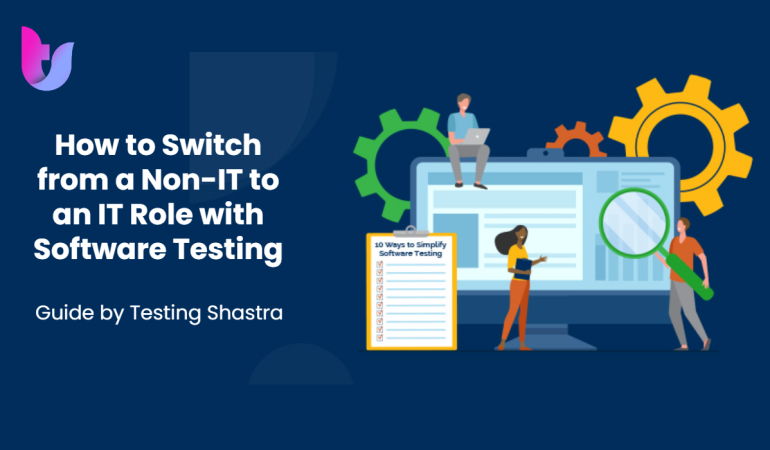There is a huge demand for UI/UX developers in the market today and the course leverages the same to produce skilled candidates for a successful career in web development, app development, and other interfaces. When you go for UI/UX Designer Interview in any organization then you need to care some basic para maters. We Testing Shastra – Software IT Training Institute located at Pimple Saudagar, Pune mainly focus after the completing the course we prepare our students for Interviews. Interview preparation is important part that all of the other institute not focus. In this Blog, Our Testing shastra Soft Skill Development trainer guide us How to Prepare for a UI/UX Design Job Interview.
So let’s Check
1. Know the Company and the Role:
Before the interview, do extensive research on the firm. Learn about its goods, target market, and design philosophy. Customize your responses to demonstrate how you align with the company’s beliefs and objectives. Additionally, carefully study the job description to verify you meet the role’s unique needs.
2. Review Your Portfolio:
Expect a thorough discussion of your portfolio. Prepare to discuss your thought process, design decisions, and the impact of your work on each project. Make a point of emphasizing initiatives that are most relevant to the job you’re interviewing for. Practice speaking clearly, concisely, and passionately about your work.
3. Brush Up on UX Principles:
Expect to be asked about UX principles and best practices. Review user research, information architecture, wireframing, prototyping, and usability testing ideas. Prepare to discuss how you incorporate these concepts into your design approach.
4. Demonstrate Problem-Solving:
Interviewers frequently provide design issues. Prepare to solve them on the fly. Take the interviewer through your thought process, beginning with understanding the problem and ending with a well-thought-out design.
5. UX Case Studies:
Prepare to use your previous efforts as case studies. Use the Problem, Solution, and Result (PSR) format for organizing them. Explain your problem, how you solved it, and the impact of your solution.
6. Soft Skills Matter:
designers must be effective communicators, collaborators, and user advocates. Highlight your soft talents and capacity to collaborate with cross-functional teams. Mention any stakeholder management and communication experience you have.
7. Stay Updated:
The design industry is ever-changing. Keep up to date on the newest UI/UX trends, tools, and technologies. Discuss your desire for further education and professional development.
8. Ask Questions:
When asked if you have any questions at the end of the interview, don’t be afraid to ask about team chemistry, the design process, or the company’s long-term ambitions. It demonstrates your attention and curiosity.
9. Prepare for Behavioral Questions:
Be prepared to answer questions like, “Tell me about a challenging project and how you overcame it,” as well as, “How do you handle feedback and criticism?” Prepare concrete examples to demonstrate your problem-solving abilities, adaptability, and resilience.
10. Mock Interviews:
Consider doing some practice interviews with a mentor or in a fake interview scenario. It can help you improve your responses and gain confidence.
11. Dress and Punctuality:
Arrive on time and appear professional. Dress appropriately for the company’s culture. After the interview, send a thank-you note to convey your appreciation for the chance and to reiterate your interest in the role.
Whether you are a fresher looking to kickstart your career or a professional seeking to enhance your skills, this course is perfect for you. Register today for the demo class! Our course provides a comprehensive understanding of UI/UX principles, design methodologies, and industry best practices. You will gain practical experience by working on real-world projects and develop a portfolio that showcases your skills. Additionally, we offer career support, including resume building, portfolio presentation, interview preparation, and job search strategies to help you kick-start or advance your career in UI/UX development.








